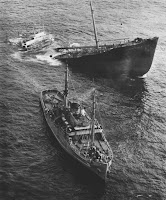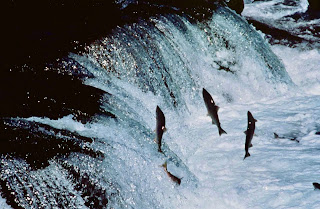Last October, just before the provincial government relaxed regulations to allow for many more hogs to be produced in this province, George Matheson, Chair of the industry group, “Manitoba Pork,” testified before a legislative committee. In an astonishing display of corporate hype, Matheson seemed to think he could, with a single statement, obliterate years of solid scientific research, conducted in his own province. “Hog manure is not getting into our rivers and lakes,” he declared. “The vast majority…about 85 per cent, is injected into the soil of farmland or immediately incorporated into the soil. This method of application essentially stops manure from running off the land. I cannot overemphasize this point. This means manure does not get into rivers and lakes. In fact, it is illegal for manure to leave a field.” In her long career with the University of Winnipeg’s biology department, Dr. Eva Pip (below) has come to a dramatically different conclusion. Af








